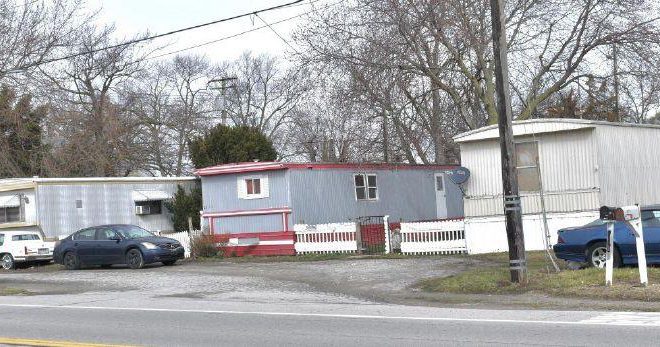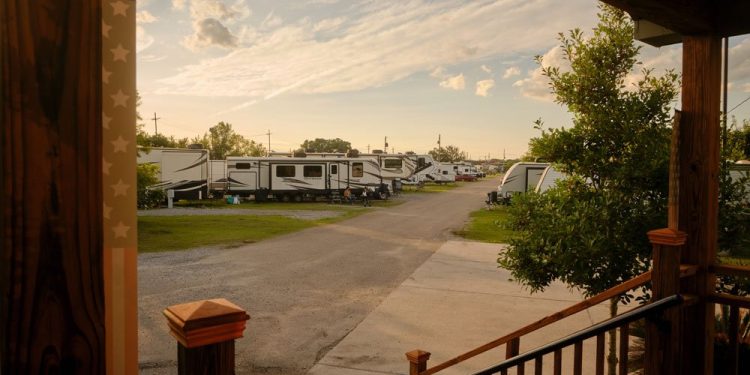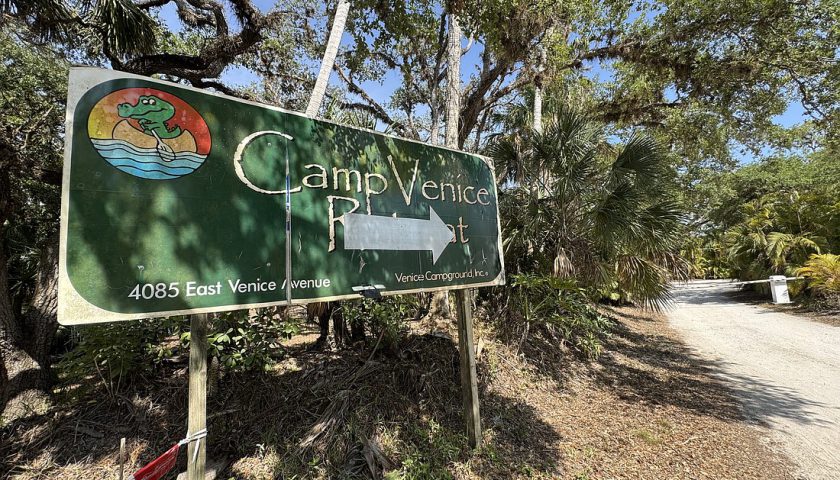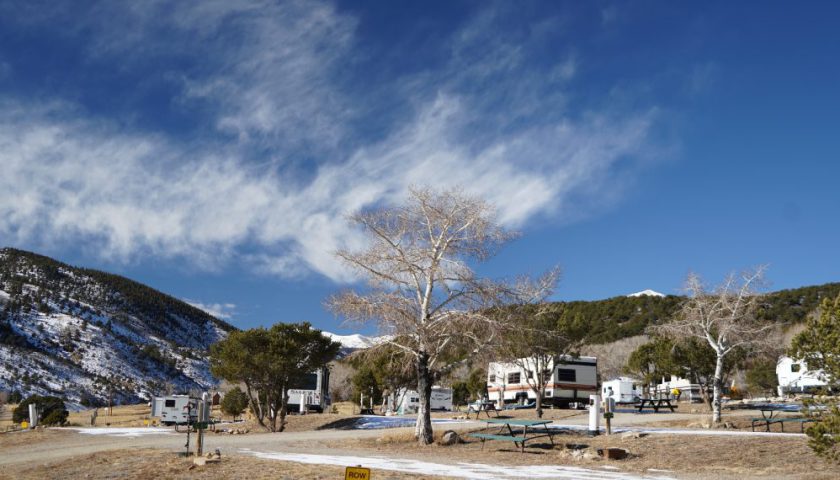Driven to remedy several issues at an unsightly RV/mobile home park, which poses many safety concerns and health hazards, Huron officials took some decisive action.
During Tuesday’s city council meeting, staff members announced they’ll commit $900,000 to purchase what’s known as Oster’s mobile home park at Cleveland and Rye Beach (U.S. 6) roads beside LEMmy’s. The site totals about 2.5 acres. The actual owners are several trustees.
Oster’s mobile home park has created challenges for the city, in terms of ongoing code and zoning infractions, utility disconnections and regular safety force intervention.”
After each resident moves out, likely taking place throughout 2023, officials plan on clearing this site.
For years, problems presented issues for all who lived in or nearby this area.

“Oster’s mobile home park has created challenges for the city, in terms of ongoing code and zoning infractions, utility disconnections and regular safety force intervention,” according to a city memo. “To address this matter, the city has entered into a purchase agreement for the purchase of all seven parcels comprising the mobile home park property.”
The memo also underscored how Huron “has long desired to enhance the western gateway into the city.”
With several upgrades planned in this area — roundabouts, a multimodal pathway, among other improvements to better accommodate traffic flow and pedestrians — officials felt pressed now, more than ever, to get a deal done.
Q&A
Several questions arose about the purchase. Here’s a primer to quickly and fully understand what’s going on.
Q: How is this being funded?
A: Proceeds generated through a special tax account, funded by Cedar Fair’s recent $25 million investment in Sawmill Creek Resort, will fully cover this cost. In other words, local taxpayers aren’t contributing a single cent toward this initiative.
The city and the sellers will work collaboratively to relocate any tenants that are on-site.”
Q: What about the people who live there?
A: Presently, there are roughly 30 to 35 RVs parked on this site with about 70 total residents living in them.
“The city and the sellers will work collaboratively to relocate any tenants that are on-site,” Huron city manager Matt Lasko said. “We plan to ensure there is ample time for every resident to be able to find adequate and affordable housing. Through this transition, we anticipate this could take upward of nine months. We have also partnered with several social service agencies that will be aiding in relocation efforts.”
He expects the city could receive a title for this property by late 2023 or no later than early 2024.
“The city understands that even though there are blighted conditions throughout the park, there are several individuals and families who have lived there for a very long period of time and who have worked tirelessly to maintain their households and continuously make improvements. Because of that, the city wants to be sensitive to the relocation process and will be committing direct financial support to aid in those residents finding adequate housing and ensuring they can pay for moving expenses.”
Q: What could become of the site?
A: Officials want to engage with the Rye Beach Homeowners Association, who live just north of Oster’s, and other stakeholders about their preferences regarding potential future uses.
“We will come up with a vision and plan for how to best utilize this space,” Lasko said. “I truly mean it when the city says, ‘We don’t have in mind what the use should be.’ We want it to be community-driven and supported by the residents that live adjacent to it.”
Q: Why did this need to occur?
A: Problems continue to persist at Oster’s, officials said.
“This doesn’t apply to every single person that lives there or structure that is there, but there are significant property maintenance issues with the mobile homes themselves,” Lasko said. “There are health and safety issues as it relates to potential electric and plumbing concerns with the units that put the safety of the residents that live in those units in danger.”
Dozens of violations, related to the city’s property maintenance laws and fire code, have been documented there dating back to 2012.
Q: What’s wrong at Oster’s mobile home park?
A: There are many violations at Oster’s mobile home park in Huron related to the city’s property maintenance laws and fire code.
Among the more noticeable, according to past Register reporting verified by city officials:
• Foundations are weakened, compromised or are simply failing.
• Exterior walls are lined with holes, allowing people to see into homes from outside areas.
• Roofs are made out of faulty materials, leading to holes and leaks in homes.
• Parts of the structures are blocking public roadways, including Atwood Place, Linden Drive and Ridgewood Avenue.
• Debris is routinely scattered around the property.
• Numerous wires — electrical, cords, utility lines and the like — are exposed, running overhead and connecting from trailer to trailer in unsafe ways.
• Garbage bags are used to insulate and protect windows.
• A raised sewer line runs along the property.
• Recreational vehicles, which don’t have any sort of plumbing, are parked at the property.
• At least four RVs house tenants on a permanent basis, a violation of Huron’s zoning laws.
The dangerous conditions most notably contributed to two somewhat-recent fires happening there, including one resulting in a resident’s death, Robert Lynch, in 2014.
Obviously, we understand that the land itself is not worth $900,000, but the reality is it’s an income-producing investment property, which makes the cost of purchase significantly higher than the land cost.”
Q: What took so long to address these issues?
A: Despite the dangers, Huron’s government had been hamstrung in its abilities to address these laws raising public health questions. In short, regulating mobile home parks at the state level is a difficult task.
Funding also hindered Huron.
Though an agreement to purchase the property eliminates the roadblocks previously faced.
Previously, Huron didn’t have the financial means to subsidize this cost. Removing $900,000 out of Huron’s everyday operating budget, which totals about $5 million today, is a sizable chunk, and city officials simply couldn’t afford it without greatly scaling back on many other public services.
But with the special tax agreement in place, however, taxes produced from Sawmill Creek Resort are covering these costs.
“Obviously, we understand that the land itself is not worth $900,000, but the reality is it’s an income-producing investment property, which makes the cost of purchase significantly higher than the land cost,” Lasko said. “And, for decades, the city did not have that amount of money or a resource available to pay that needed auction cost, which we are fortunate to be able to do now by virtue of the Sawmill Creek tax increment financing arrangement, which permits property acquisition.”



